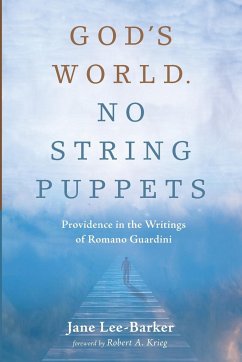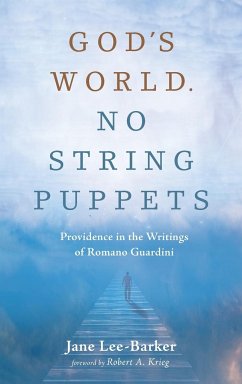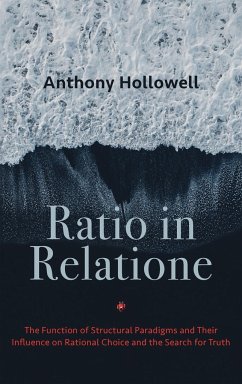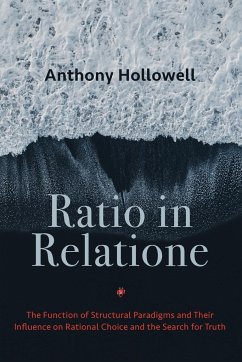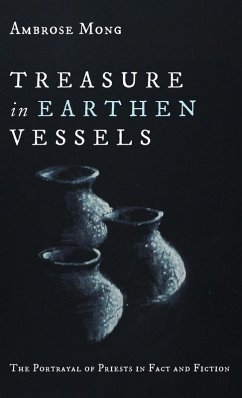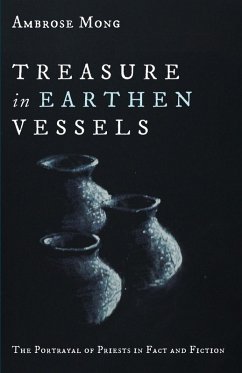We live in a world facing many crises, pandemics, climate and environmental challenges, human rights abuses, and threats of totalitarian regimes. Romano Guardini (1885-1968), a major influencer of Pope Benedict XVI and Pope Francis, worked through one of the most difficult periods of German history--the first half of the twentieth century. What does he have to say to these challenges, and how is his notion of providence relevant today? Jane Lee-Barker shows how Guardini's insight and deep thought on God's providence weave their way through his work, enabling the reader to fully appreciate "God's world." In relationship with God, the human person is invited to participate in responsible care for the world while responding to their own vocational call from the God who sustains him or her.
Bitte wählen Sie Ihr Anliegen aus.
Rechnungen
Retourenschein anfordern
Bestellstatus
Storno

